Registrations of new commercial vehicles were down for the seventh consecutive month, when compared to last year’s performance.
A total of 18,722 units were sold in July, some -23.9% below the pre-pandemic five-year average for the month.
The decline, despite strong order books, is the result of ongoing global supply shortages caused by the Covid-19 pandemic, according to the Society of Motor Manufacturers and Traders (SMMT).
Mike Hawes, SMMT chief executive, said: “The LCV market is struggling to recover post-Covid as global supply chain shortages and economic headwinds make the business environment even more challenging for both manufacturers and operators. In these circumstances, the continued growth in electric van uptake is admirable as the industry strives to deliver its Net Zero commitments.
“Given the importance of the commercial vehicle sector to Britain’s economy, its environmental ambitions and the need to keep society on the move, the next Prime Minister must look to restore economic confidence and support the sector’s transition to zero emission mobility.”
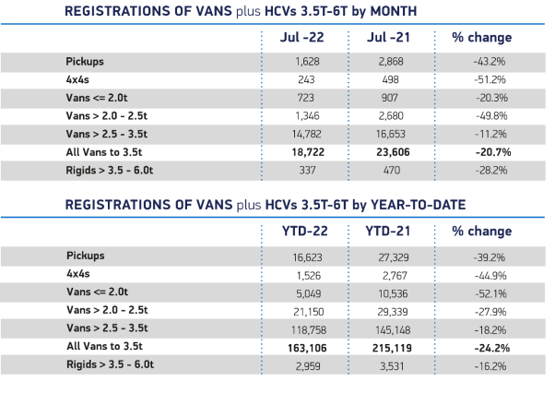 With total registration volumes remaining weak, the industry outlook has been downgraded from 328,000 to 307,000 new registrations for the year, a decline of 6.5% on the previous outlook published in April. As a result, the market is now expected to finish 13.7% down on 2021, which saw uptake almost reach pre-pandemic levels. With the semiconductor shortage expected to begin to ease during 2023, volumes for that year are anticipated to reach 357,000 units, a 16.4% rise.
With total registration volumes remaining weak, the industry outlook has been downgraded from 328,000 to 307,000 new registrations for the year, a decline of 6.5% on the previous outlook published in April. As a result, the market is now expected to finish 13.7% down on 2021, which saw uptake almost reach pre-pandemic levels. With the semiconductor shortage expected to begin to ease during 2023, volumes for that year are anticipated to reach 357,000 units, a 16.4% rise.
“As a result of the on-going global supply chain issues, the LCV industry has again struggled to recoup its decline in figures from previous months”. Said Sue Robinson, chief executive officer of the National Franchised Dealers Association (NFDA). She continued “However, the wide range of electric LCVs available and the increasing cost of petrol and diesel have led commercial consumers to explore EV alternatives for their businesses.”
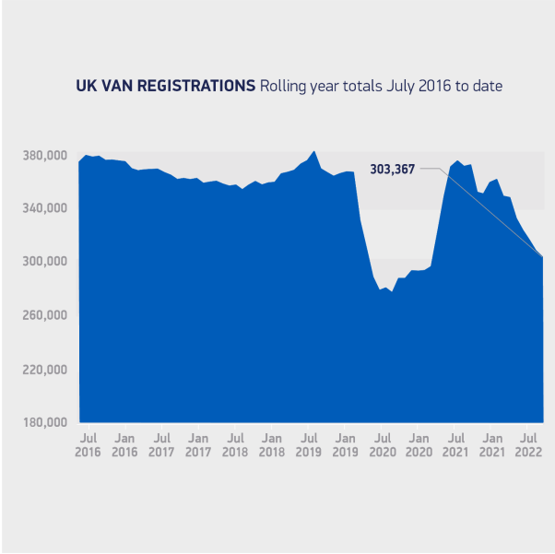
EV demand bucks trend
As industry investment in battery electric vans (BEVs) continues, with one in three models on the market now available with a plug, demand continues to increase with 765 BEVs registered in July, up 21.2%, and a continuation of increased uptake seen in the first six months of 2022, as van buyers take advantage of new electric models that offer longer ranges, efficiency savings and fast charge times. As a result, there have been 8,865 BEVs registered in the year to date, an increase of 55.7%. This still represents only one in 18 of all vans registered so far in 2022 but is up from one in 37 a year ago.
BEVs are still expected to account for 6.4% of registrations this year, while 2023’s outlook has been revised downwards slightly, from 9.6% to 9.2%.
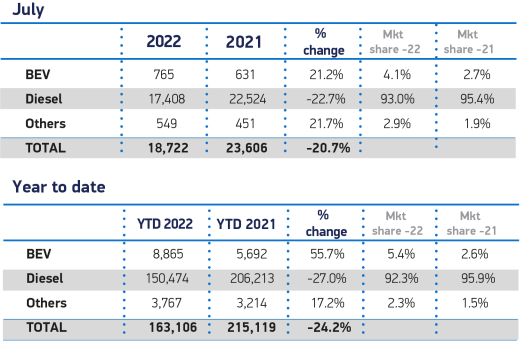 The shortage of dedicated electric charge points for this sector remains a critical obstacle to the achievement of ambitious timescales for the decarbonisation of the commercial vehicle fleet, according to the SMMT. Petrol and diesel vans have the same end of sale date as cars in 2030, yet new electric LCV registrations are currently at levels seen in the new car market in 2020, with a majority of van buyers citing charging infrastructure as their major concern over whether an EV can meet their professional and daily needs. As energy costs and inflation impact business and consumer confidence, it is crucial that barriers to infrastructure access are immediately addressed, the organisation said.
The shortage of dedicated electric charge points for this sector remains a critical obstacle to the achievement of ambitious timescales for the decarbonisation of the commercial vehicle fleet, according to the SMMT. Petrol and diesel vans have the same end of sale date as cars in 2030, yet new electric LCV registrations are currently at levels seen in the new car market in 2020, with a majority of van buyers citing charging infrastructure as their major concern over whether an EV can meet their professional and daily needs. As energy costs and inflation impact business and consumer confidence, it is crucial that barriers to infrastructure access are immediately addressed, the organisation said.



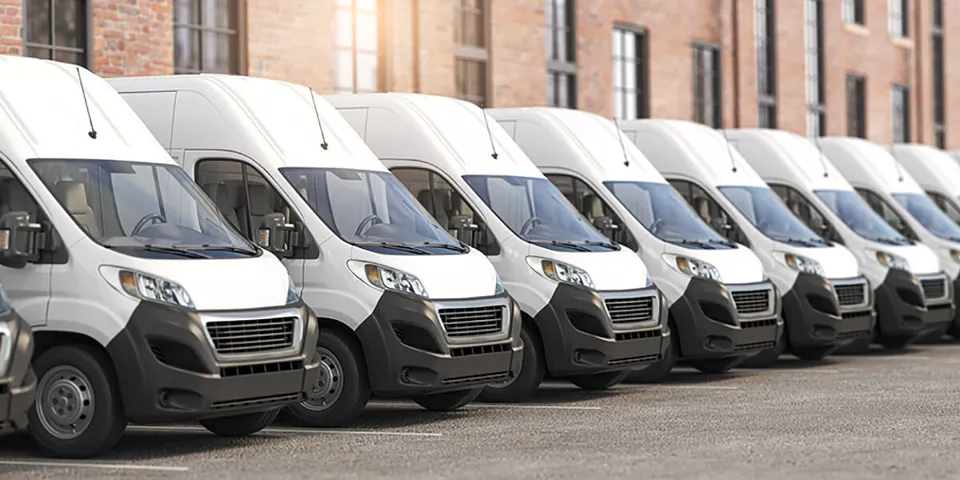















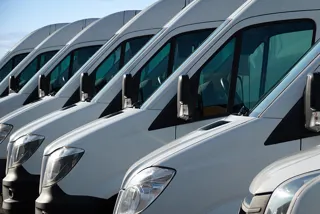
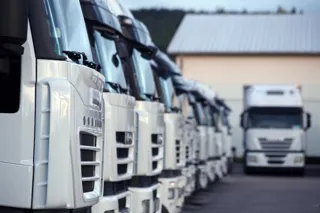
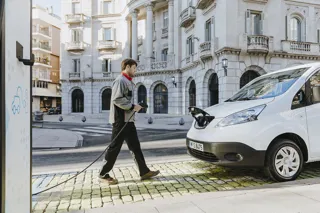
Login to comment
Comments
No comments have been made yet.